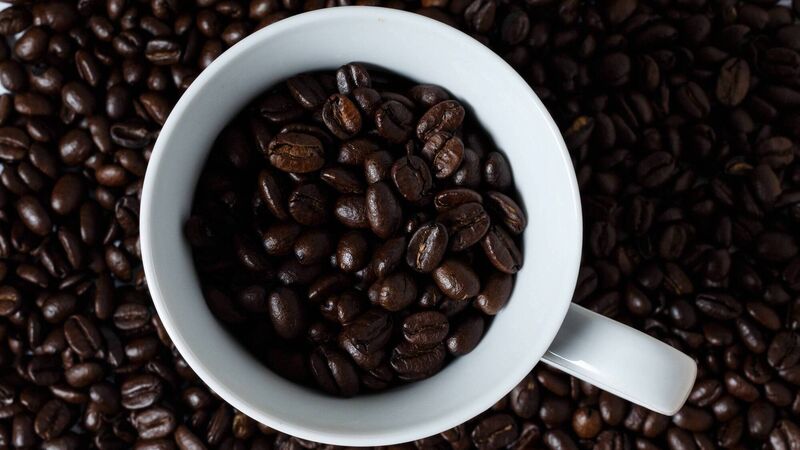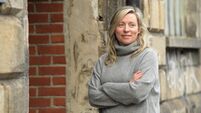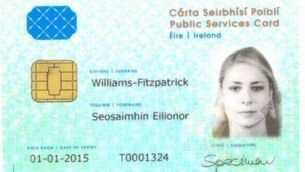Irish researchers use leftover coffee grounds in nanomedicine treatment for breast cancer

An estimated six million tonnes of spent coffee grounds are produced annually around the world. Now scientists have made ‘carbon dots’ from these - tailored to home in on cancer cells. File photo: John Walton/PA
Leftover coffee grounds can be upcycled into tiny carbon products with potential to damage breast cancer cells while sparing healthy tissues, new Irish research shows.
The tiny ‘carbon dots’ could also deliver anti-cancer drugs in the body.













